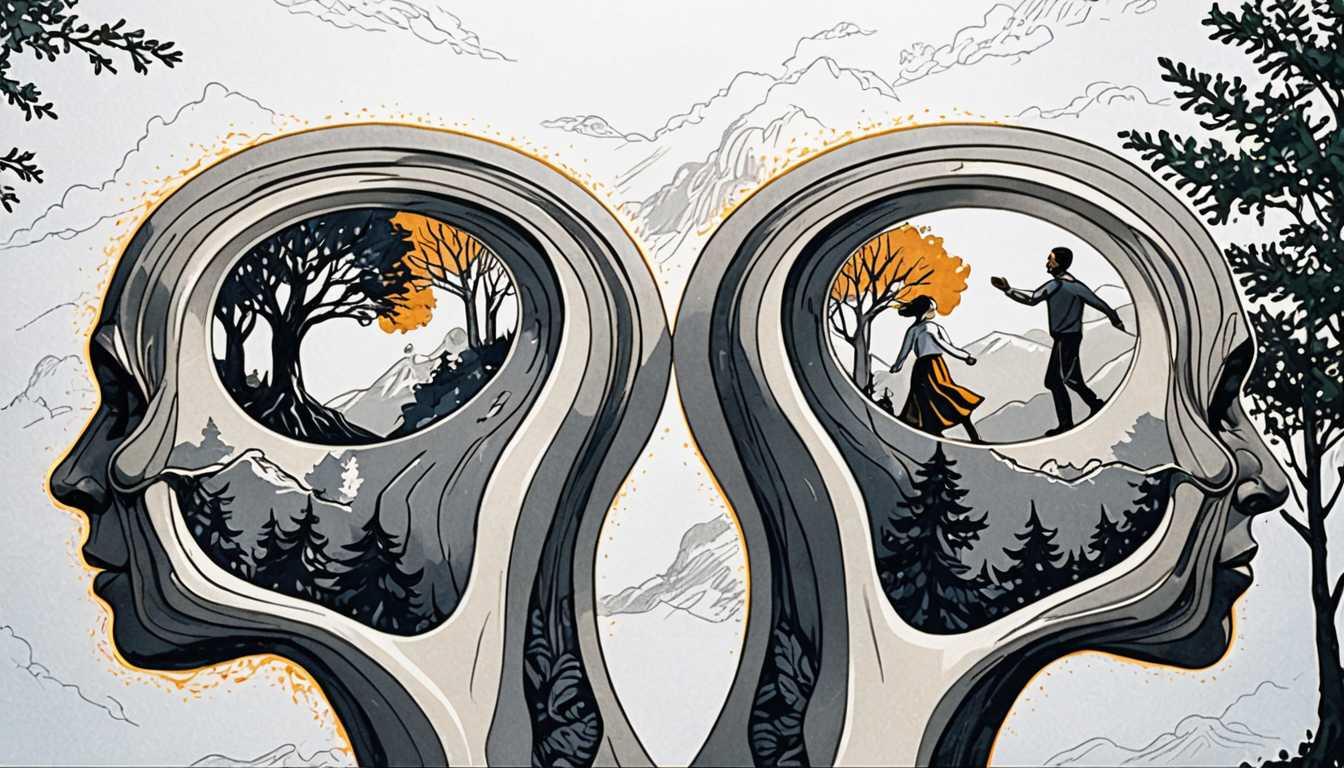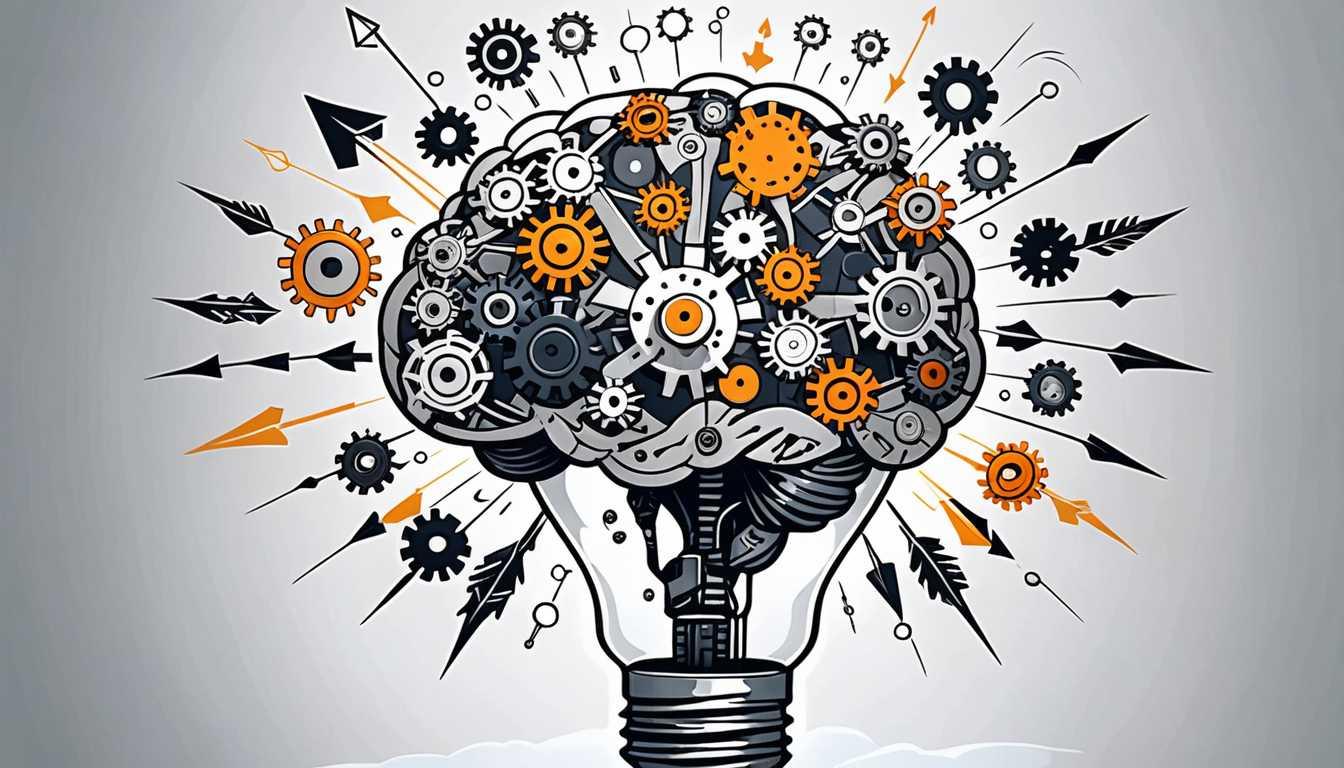Choices: More Than Mice's Dilemma
November 2023
Stanford University
Introduction
Dive into the world of decision-making with Stanford University's latest research, where hungry and thirsty mice challenge the age-old philosophical puzzle, Buridan's Ass. Scientists observed these critters making surprising choices between food and water, revealing insights into how our brains might tackle tough decisions. With a mix of neuroscience, philosophy, and a sprinkle of randomness, this study isn't just about mice—it's about understanding the complex dance of decision-making in all of us. Ready to explore what drives our choices? Check out this fascinating read!
READ FULL ARTICLEWhy It Matters
Discover how this topic shapes your world and future
Hungry, Thirsty, or Both? Decoding the Dilemma
Making decisions is a complex task, especially when you're torn between two equally important needs. Imagine you're both hungry and thirsty, but you can only choose one: a snack or a drink. This might seem like a simple decision, but it's a scenario that scientists have studied to understand how our brains make choices. The fascinating research on mice by Stanford scientists sheds light on this very dilemma. It's not just about what mice prefer to eat or drink; it's about understanding the intricate dance of decision-making in the brain. This research is not only cool because it involves cutting-edge technology and brain science, but it also helps us grasp why sometimes our choices might seem random or why we switch between preferences. For you, this could mean understanding why choosing between studying and gaming can feel so tricky. It's all about the brain's current goal and the mysterious role of randomness in our decisions.
Speak like a Scholar
Homeostasis
The process by which living things maintain a stable internal environment. It's like your body's way of keeping everything just right, whether it's temperature or hunger levels.
Neurons
The cells in your brain that transmit information. Think of them as the messengers that help your brain decide whether you're going to grab a sandwich or a soda.
Optogenetics
A cool technique that uses light to control cells in the brain. It's like using a light switch to turn on thirst in a mouse.
Randomness
The idea that some events happen without a predictable pattern. In decision-making, it's the unexpected factor that might make you choose one thing over another.
Mathematical Modeling
Using math to create equations that predict how something works. Scientists used this to understand the mice's decision-making.
Dynamical Landscape
A way to describe how the brain's state is constantly changing. Imagine a landscape that's always shifting, which can make the brain's goals change too.
Independent Research Ideas
Exploring the Role of Randomness in Human Decision-Making
Dive into how unpredictability influences our daily choices, from what we eat to how we study. It's a journey into the unknown elements of our decisions.
The Impact of Hunger and Thirst on Academic Performance
Investigate how being hungry or thirsty can affect your focus and grades. This could merge biology with educational psychology in a fascinating way.
Optogenetics and Its Potential in Treating Psychiatric Disorders
Explore how this groundbreaking technique could help manage conditions like anxiety or depression by controlling certain brain functions.
The Evolution of Decision-Making
Look into how the ability to make decisions might have evolved over time, comparing humans with animals like mice. It's a blend of biology, psychology, and history.
Mathematical Models of the Brain
Delve into how equations can predict behavior and brain activity. This project would be perfect for someone who loves both math and science, showing how numbers can unlock the secrets of the mind.
Related Articles

Mapping Your Mind: The Brain's Hidden GPS
June 2024
MIT News

Speaking Minds: Unveiling Brain's Language Magic
February 2024
Harvard University

Decoding the Secrets of Memory Circuits
January 2025
MIT News

Stress-Busting Wearable Tech Unveiled
June 2023
University of Bristol

Brain Power: Planning Your Next Move!
June 2024
University of Cambridge